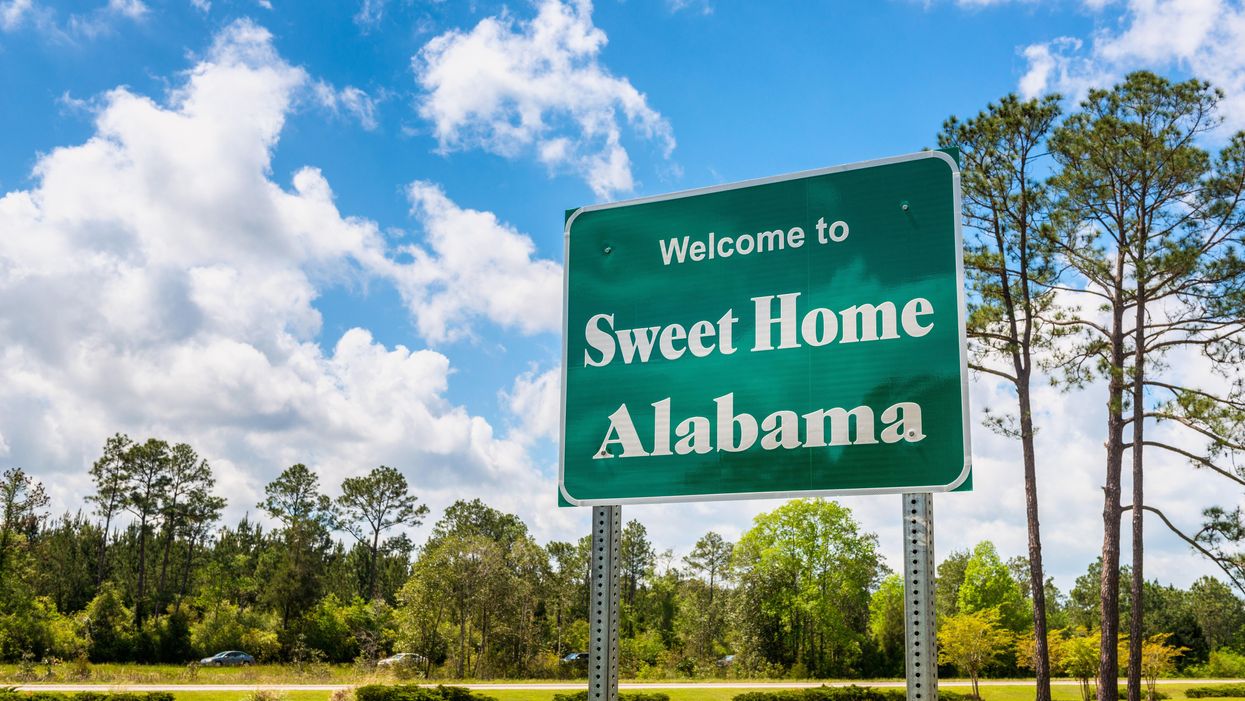Nevins is co-publisher of The Fulcrum and co-founder and board chairman of the Bridge Alliance Education Fund.
As we approach the upcoming midterm elections, I am stunned when I think about how little we learn from history. Both Democrats and Republicans believe if their nominees get elected, the serious problems our country faces will be tackled with a new vigor, and real change will actually occur.
So often in our history a new Congress convenes with newly elected representatives who have lofty ideals, only to be stymied by the system. It just might be that we all overplay the importance of the outcome of presidential elections in determining the direction our country will take in the four years following the election. More often than not our national elections merely validate an establishment that never really changes.
Something new is needed — a new paradigm in advance of midterm elections that changes the way citizens think about and participate in our democracy.
One such effort is Bridge Alabama, a program inviting citizens under the age of 40 to join a series of three conversations to decrease polarization, build community, and support community-led storytelling and news in advance of the state and midterm elections.
A diverse group of participants will join conversations with other Alabamians about the issues that matter to them, build relationships and have their voices heard. The goal is for this to be more than just a three-day event but to provide ongoing support and tools to make it easier for folks to continue collaborating, connecting or supporting each other moving forward.
This project will help address three timely and essential needs in states across the Deep South between now and the 2022 election. First is the need to create spaces for engagement with younger people in the South to tell new stories and create new possibilities for community and civic engagement. Bridge Alabama is focusing on people and places often invisible to national and state policymakers — and among a demographic with increasing political power, creating new ways to come together to talk about what matters most, then translate those conversations into news stories and collective action.
The program is predicated on the belief that we will be strengthened by more pluralistic community conversations. Bridge Alabama will inclusively bring people together to collectively understand the problems and issues that are most important to address in advance of the 2022 election and decide together what happens to their communities.
As we approach the 2022 midterms our nation needs more productive ways by shifting media coverage, deliberation and polarization to combat the division and dysfunction that defined 2020. Bridge Alabama is a grand experiment aiming to foster inclusion, pluralism, community and civic engagement in new ways for new times.
The nonprofit Essential Partners will design and facilitate the conversations and local partners will help with outreach. Cortico will record the discussions and produce transcripts, which will be accessible to participants and our partners. The nonpartisan Bridge Alliance will provide access to resources and support. Journalists from The Fulcrum (which is operated by the Bridge Alliance) and Reckon will then be empowered to tell new stories that raise up the concerns and hopes of Alabamians under 40.
America doesn’t just need new people in office. We need a new commitment to a new politics of problem-solving and citizen involvement and collaboration. Bridge Alabama is a step toward an election process that values a core belief that the search for solutions should be based on reason, logic and inquiry, where a conclusion follows from a set of premises, not the other way around. Bridge Alabama will allow room for people from different parties and with different beliefs to sit around a table to collaborate on tough issues facing our nation.




















Trump & Hegseth gave Mark Kelly a huge 2028 gift